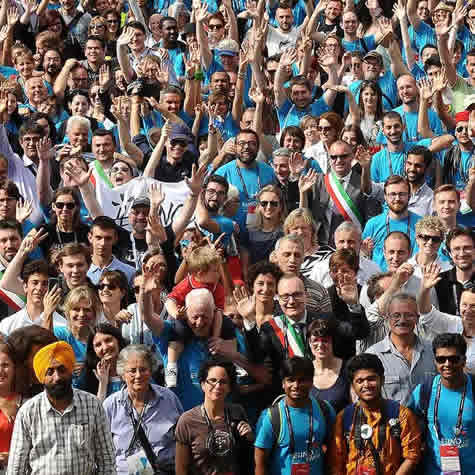Of the ten most-spoken languages in the world, three are Indic. India also has the second-highest number of English speakers worldwide—an estimated two times as many as the United Kingdom.
In 2001, the national census of India documented 122 major languages spoken across the nation with a further 1,599 other language groups. Out of respect for this diversity, the Constitution of India lists no national language, and many Indians feel that the act of translating among their languages is part of the nation’s cultural heritage.
Languages are not just words on pages. Languages hold and form meaning. Wikipedia exists in nearly 300 languages today, with the possibility of infinitely more in the future.
Wikimedians in India currently work across 23 languages. From Hindi to Odia, Punjabi to Bengali, Nepalese to Tamil, these Indic-language speakers organize to create and curate free knowledge resources that may not exist anywhere else on the internet—or in the physical world.
This year in Chandigarh, India, hundreds of Wikimedians gathered to exchange ideas across these different languages. In addition to the Indian attendees, the organizers invited participants from Nepal, Bangladesh, Sri Lanka, and Pakistan. The countries, languages, and experiences were different. But the goals were the same: grow knowledge, share resources, deepen understanding.
The festivities were also marked by the birth of a new Indic language Wikipedia. Tulu—a language spoken by more than 5 million people—has joined the free knowledge movement.
